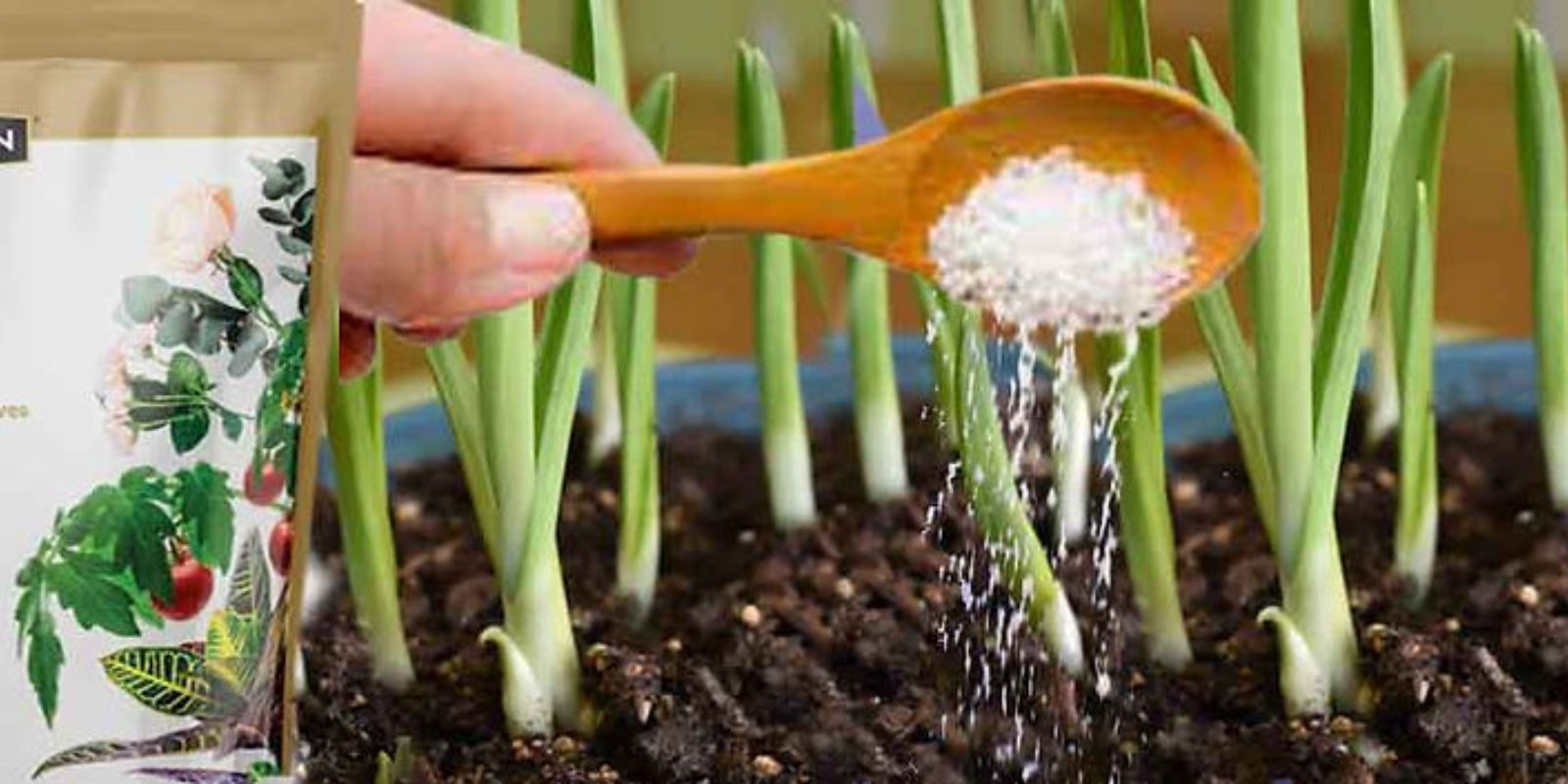Epsom salt, scientifically known as magnesium sulfate, is a common household product with surprising benefits for gardeners. Its versatility and effectiveness in enhancing plant health and productivity have made it a favorite among both novice and experienced gardeners. This article delves into the ten miraculous ways Epsom salt can revolutionize your garden, particularly focusing on increasing flower size and overall plant vitality.
1. Enhancing Flower Blooms
One of the most celebrated uses of Epsom salt in gardening is its ability to boost flower blooms. Flowers require magnesium to produce chlorophyll, which is essential for photosynthesis. When plants have an adequate supply of magnesium, they can absorb nutrients more effectively and produce more vibrant blooms. To use Epsom salt for this purpose, dissolve 1-2 tablespoons of Epsom salt in a gallon of water and apply it to your flower beds every 4-6 weeks. This simple application can lead to more colorful and larger flowers, making your garden the envy of the neighborhood.
2. Improving Soil Fertility
Magnesium is a crucial component of chlorophyll, and its deficiency can lead to poor plant growth and reduced yields. Epsom salt can help correct magnesium deficiencies in the soil, thus improving overall soil fertility. Mix Epsom salt into your garden soil at a rate of about 1 cup per 100 square feet. This application ensures that your plants have access to the essential nutrients they need for healthy growth and development.
3. Boosting Vegetable Growth
Epsom salt is not only beneficial for flowers but also for vegetables. Vegetables such as tomatoes, peppers, and cucumbers benefit greatly from the additional magnesium provided by Epsom salt. Sprinkle 1-2 tablespoons of Epsom salt around the base of your vegetable plants and work it into the soil. This treatment can lead to stronger, healthier plants and a more bountiful harvest.
4. Preventing Blossom End Rot
Blossom end rot is a common problem in fruiting plants like tomatoes and peppers, often caused by a calcium deficiency. Epsom salt can help prevent this issue by providing magnesium, which assists in calcium uptake. While it does not directly provide calcium, ensuring adequate magnesium levels can improve the plant’s ability to utilize the calcium present in the soil. Apply Epsom salt to your plants at the first sign of blossom end rot to help mitigate the issue.
5. Enhancing Seed Germination
Seed germination is a critical stage in plant development. Epsom salt can be used to enhance germination rates by ensuring that seeds have the necessary nutrients to sprout successfully. Before planting, soak your seeds in a diluted Epsom salt solution (1 tablespoon of Epsom salt in 1 cup of water) for about 30 minutes. This treatment can give your seeds a head start and improve the likelihood of successful germination.
6. Increasing Leaf Greenness
A lack of magnesium can lead to yellowing of plant leaves, known as chlorosis. By applying an Epsom salt solution, you can enhance the green color of your plant leaves and overall plant vitality. Mix 1-2 tablespoons of Epsom salt in a gallon of water and spray it directly onto the leaves. This application can quickly correct magnesium deficiencies and revive the health of your plants.
7. Encouraging Root Development
Strong root systems are essential for healthy plant growth and stability. Epsom salt can promote root development by providing magnesium, which is vital for root growth. When planting new seedlings or transplants, sprinkle a small amount of Epsom salt (about 1 tablespoon per hole) into the planting hole. This helps support the development of robust root systems that will sustain your plants throughout their growth.
8. Repelling Pests
Epsom salt can also serve as a natural pest repellent. Slugs, snails, and other garden pests can be deterred by sprinkling Epsom salt around your plants. The salt creates a barrier that pests are reluctant to cross, reducing their impact on your garden. This natural pest control method helps protect your plants without the need for harsh chemicals.
9. Improving Soil Structure
Soil structure is crucial for healthy plant growth. Epsom salt can improve soil texture and drainage capabilities. When incorporated into the soil, Epsom salt helps to break up heavy clay soils and improve aeration. This results in better root growth and overall plant health. Apply Epsom salt to your garden soil and mix it in to enhance soil structure and drainage.
10. Boosting Overall Plant Health
Regular use of Epsom salt can contribute to overall plant health by providing essential magnesium and sulfur. Magnesium is a key component of chlorophyll, while sulfur is important for protein synthesis. Together, these nutrients support plant metabolism and growth. Use Epsom salt as part of your regular gardening routine to maintain healthy, vibrant plants throughout the growing season.
Conclusion
Epsom salt is a powerful and versatile tool that can bring numerous benefits to your garden. From enhancing flower blooms to improving soil fertility and preventing plant diseases, its uses are both practical and effective. By incorporating Epsom salt into your gardening routine, you can enjoy a more vibrant, productive garden and healthier plants. Whether you’re dealing with flowering plants, vegetables, or soil issues, Epsom salt offers a simple and natural solution to many common gardening challenges.
🌸✨ #EpsomSaltMagic #GardenMiracles #FlowerBoost #OrganicGardening #GardenTips #GreenThumb #HealthyPlants #NaturalFertilizer #BloomEnhancement #GardenHacks

